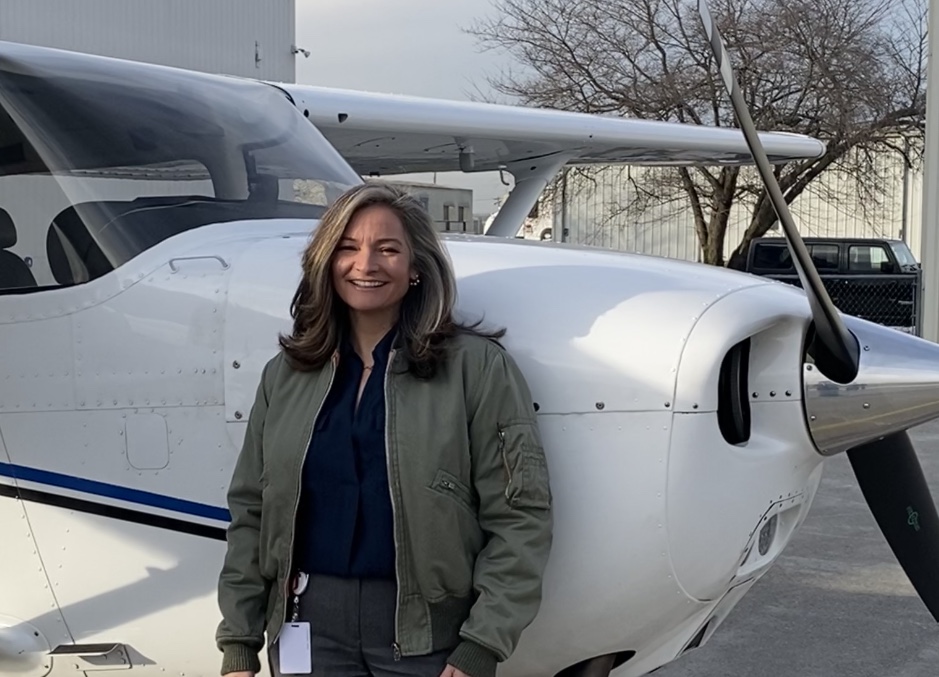Startle response may lead to aircraft upset and loss of control in-flight (LOC-I). When startled, pilots may have reactions such as to fight, flight, or freeze. FAA Safety Briefing article “Why Do I ‘lockup’ in the Cockpit?” explains the startle response and tips for managing it. According to FAA, training for unexpected situations can reduce the pilot’s startle response time and “promote more effective and timely responses to emergencies.”
In response to NTSB recommendations of the Colgan 3407 LOC-I accident, Congress enacted the Airline Safety and Federal Aviation Administration Act of 2010 (Pub. L. 111-216). The Act requires specific LOC-I training, recording requirements of pilot qualification and proficiency records, and the review of these records by operators prior to hiring pilots.
Section 208 of the Act pertains to the training requirements for pilots employed at air carriers and requires training to recognize, avoid, and recover from airplane upset. FAA Advisory Circular 120-111 pertains to such training, known as Upset Prevention and Recovery Training (UPRT). When inducing startle in UPRT, instructors should not “inappropriately attempt to trap a pilot or destroy confidence.” To minimize the negative transfer of training related to UPRT, the AC states that it is essential that the training be conducted by a properly trained and qualified instructor. Further, this type of training should not be evaluated in proficiency checks or similar jeopardy events. However, startle response can surprise a pilot in any event.
Section 203 of the Act relates to the Pilot Records Database (PRD) and resulted in the new 14 CFR Part 111 for training records and review requirements. FAR 111.225 requires recording pilots’ FAA-required training, qualifications, and proficiency events, including comments made by check pilots or evaluators. Comments from instructors are not accepted into the PRD.
Prior to hiring a pilot, covered entities are required to review the PRD to assess their qualifications. The PRD is intended to assist the hiring employer in making informed decisions, including investigating further, if warranted, where records indicate areas of concern.

Cristina Zambrana
Cristina Zambrana is an in-house attorney with AOPA’s Legal Services Plan who counsels Plan members on a daily basis. She is an Airline Transport Pilot with type ratings in the A-320, B-737, DHC-8, and EMB-145. The AOPA Legal Services plan is offered as part of AOPA’s Pilot Protection Services.






